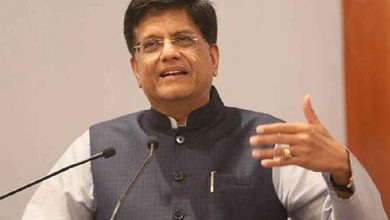Basic customs duty on solar cells, modules to push tariff upwards

New Delhi, Mar 23 (PTI): The government’s decision to levy basic customs duty (BCD) on solar cells and modules from April 1 will lead to increase in solar power tariff rates and create additional risk for domestic manufacturers in incurring significant capex, according to India Ratings and Research (Ind-Ra).
Further, it would reduce the overall attractiveness of solar projects to off-takers and finally end-consumers, the agency said in a statement. “The imposition of basic customs duty (BCD) on solar cells and modules with effect from April 1, 2022 will lead to an increase in solar tariffs on account of a rise in the overall project costs,” Ind-Ra said.
Asmita Pant, Senior Analyst at Ind-Ra, said, “The increase in tariffs will increase power purchase costs for solar off-takers by Rs 9 billion (Rs 900 crore) annually, considering that around 10 GW of solar capacity will come on stream in the next 12 months.”
This amount will keep on increasing exponentially with the commissioning of new projects till the time the duty is in place or import costs and cost of local manufacturing achieve parity, he added. “This may also affect the government’s plan to achieve the targeted solar capacity of 280 GW by 2030.” BCD would also be applicable for already bid out projects, the statement said, adding that time-frame for which BCD would be applicable is uncertain, creating additional risk for domestic manufacturers in incurring significant capex.
The existing safeguard duty (SGD) regime expiring in July 2021 is applicable on imports from China, Thailand and Vietnam.
However, as BCD covers all the countries, it minimises any scope for imports being routed from any country outside of India, Ind-Ra said.
Clarity is also required if manufacturers based in SEZs will have to pay BCD, and if existing investments in the sector based in SEZs will be at risk, given that majority of domestic cell/module manufacturing capacity in India is based out of SEZs (special economic zones), it said.
As per Ind-Ra’s discussion with some of its rated issuers, the landed cost of imported solar modules (including transportation and hedging cost) without considering SGD of 14.5 per cent is lower than that of domestically manufactured solar modules by around 25 pe cent.
However, considering that the SGD would be completely replaced by BCD, the cost of imported modules is likely to be 6 to 8 per cent higher than the current domestic module prices, it stated.








